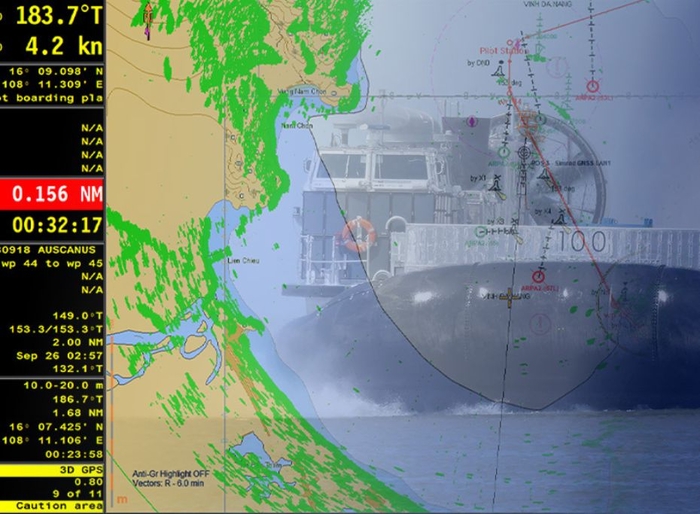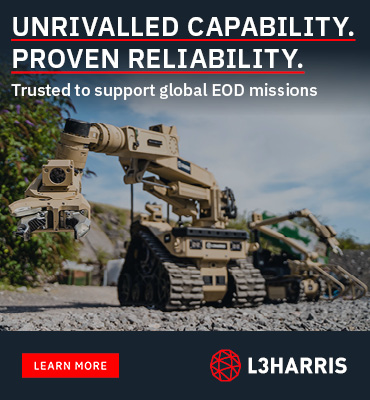OSI Awarded Contract for Ship-to-Shore Connector Program from U.S. Navy Amphibious Assault and Connectors Program Office
• An Enterprise License for Landing Craft Air Cushion and Landing Craft Utility craft
• Includes ECPINS and Radar-HMI
• License features unlimited number of perpetual licenses for the use across all current and future craft
• Contracted with US Navy Amphibious Assault and Connectors Program Office (PMS 317)
OSI Maritime Systems, a leading provider of maritime navigation and tactical systems, is pleased to announce that it has been awarded a contract by the U.S. Navy Amphibious Assault and Connectors Program Office (PMS 317), to provide a Ship-to-Shore Connector Program-Wide License (SSC PWL) for the Landing Craft Air Cushion (LCAC) and Landing Craft Utility (LCU) programs.
Ken Kirkpatrick, President and CEO, stated, “It’s an honor to be able to support the PMS 317 program. They are a valuable customer representing a leading Navy, both in capabilities and technology. To have been selected demonstrates the advance nature of ECPINS.”
The OSI SSC PWL includes ECPINS Enterprise and Radar-HMI, featuring an unlimited number of perpetual licenses for the use across all current and future craft, as well as training. The agreement also provides a model for In-Service Support and for future upgrades.
The PMS 317 program office operates under the U.S. Navy’s Program Executive Office, Ships (PEO Ships), a key player in the Defense Department's extensive acquisition landscape. PEO Ships oversees the design and construction of destroyers, amphibious ships, special mission, and support ships for U.S. agencies and foreign military sales.
PMS 317 manages vital platforms such as Landing Ship Medium (LSM), Landing Craft Air Cushion Extended Service Life Extension Program (LCAC E-SLEP), Landing Craft Utility (LCU), and Ship-to-Shore Connector (SSC).
"The operational environment for landing craft is complex, demanding adept water navigation and the capability to maneuver in shallow waters and on beaches," highlighted Jim Davison, VP, Business Development. "Landing craft usage showcases the versatility of ECPINS, a system well-equipped to support operators in completing important high-risk missions."
The landing vessels play a crucial role in military operations, facilitating the transportation of vehicles, personnel, and cargo from sea to shore and shore to shore. Their versatility extends to supporting civilian humanitarian and maritime operations.







